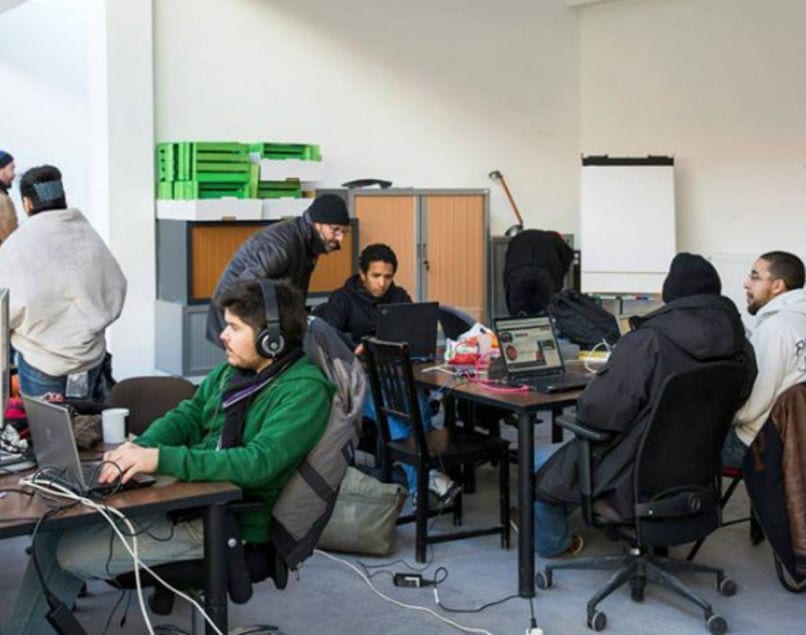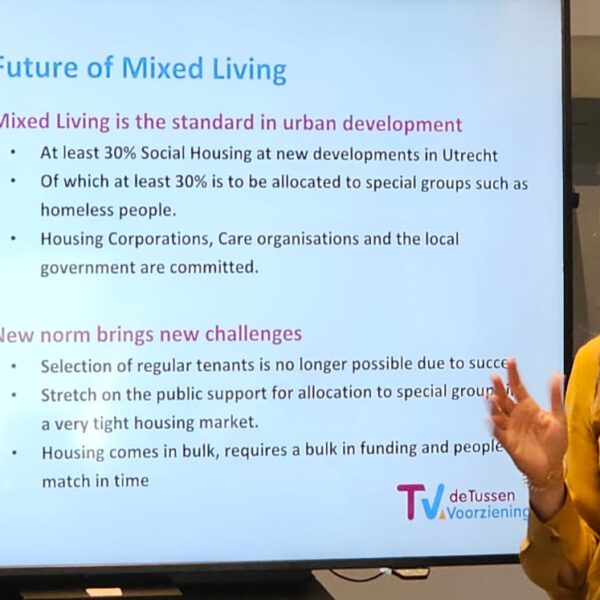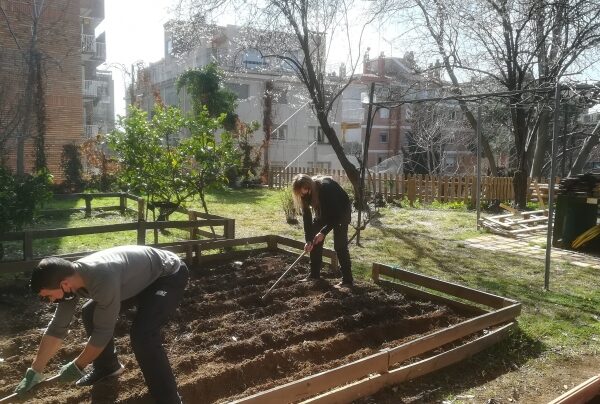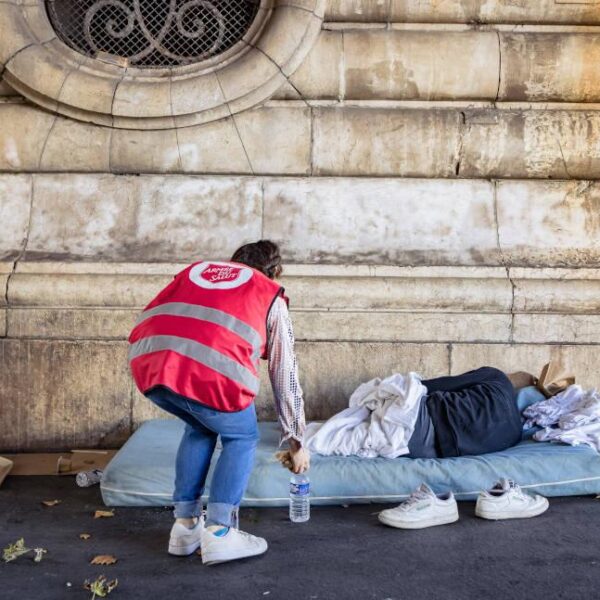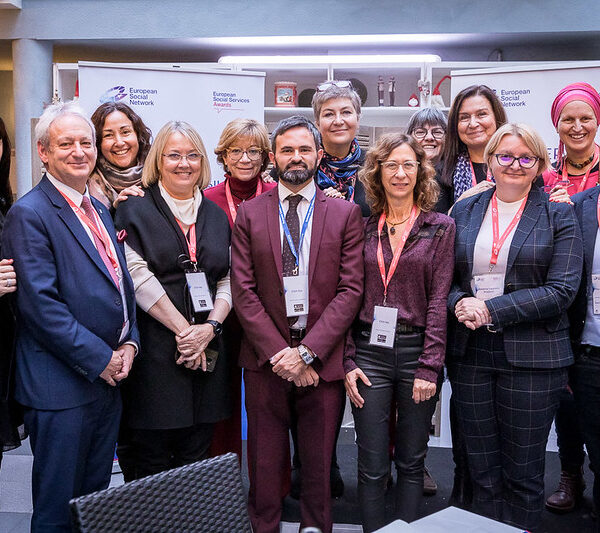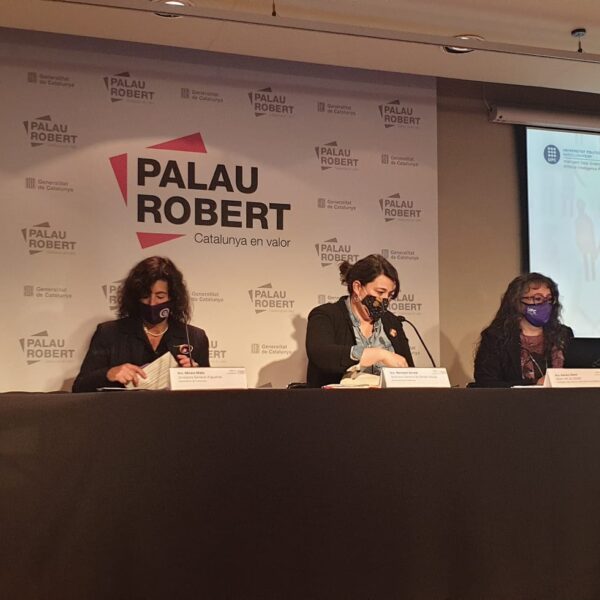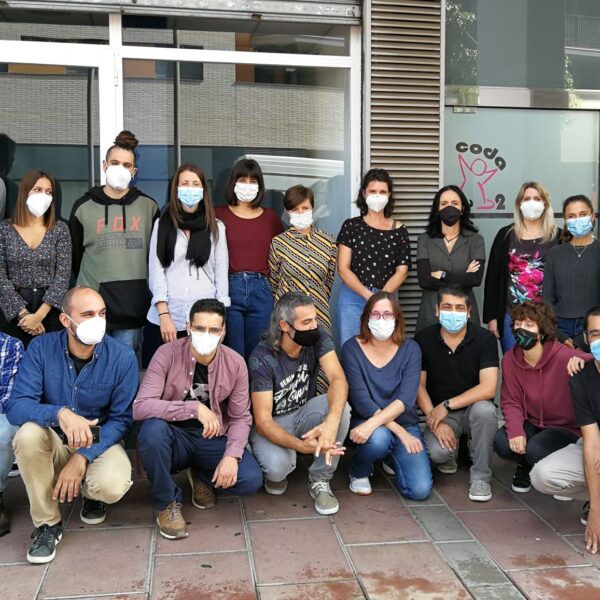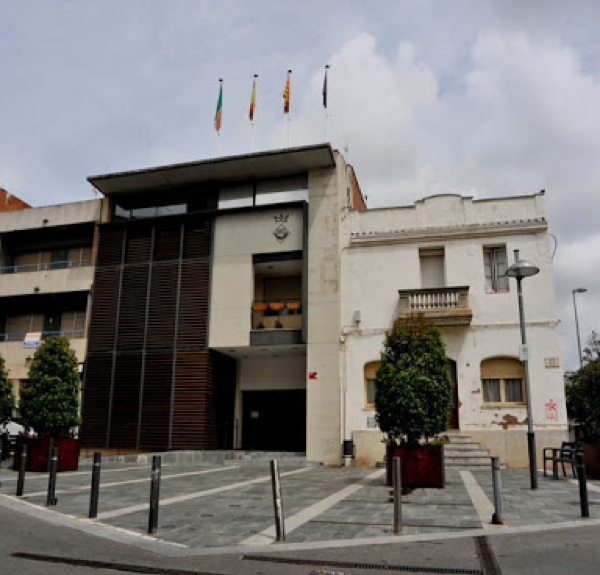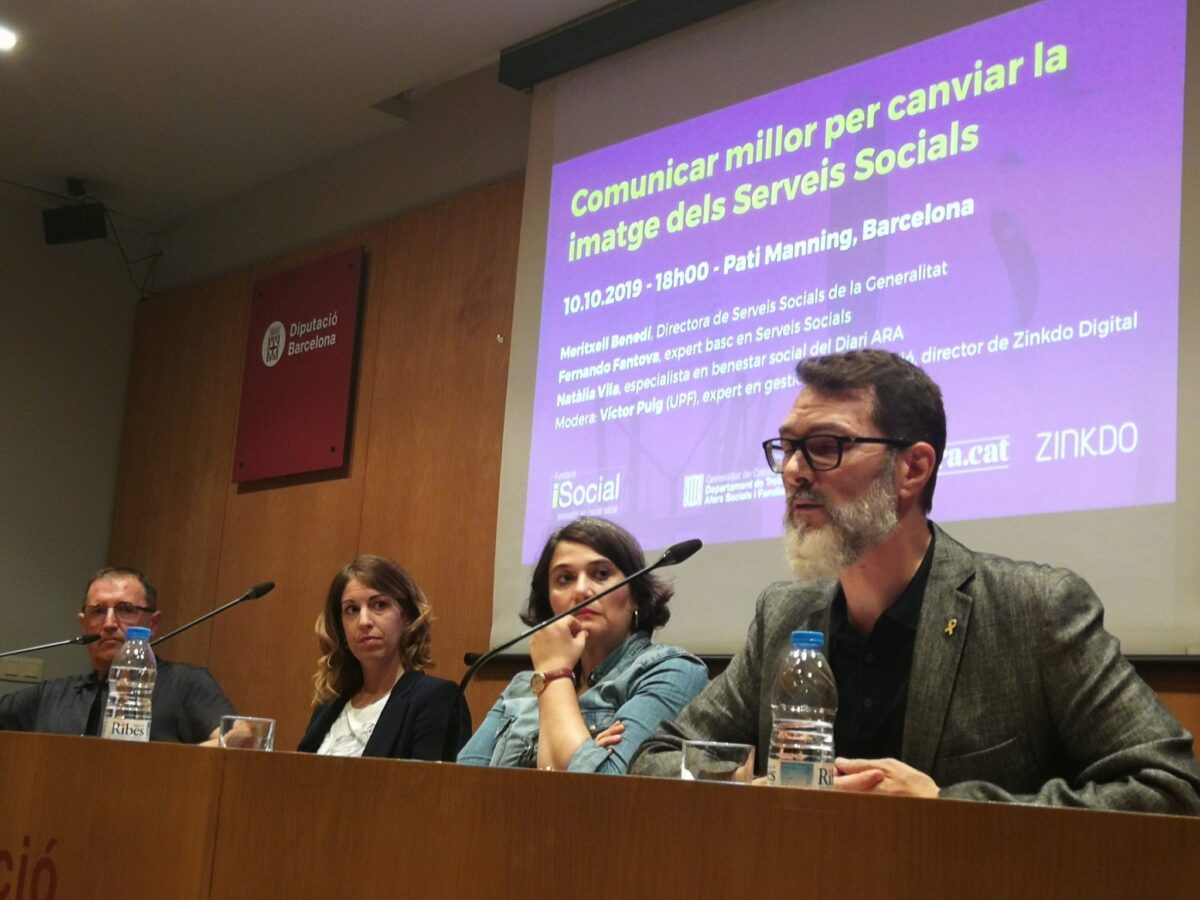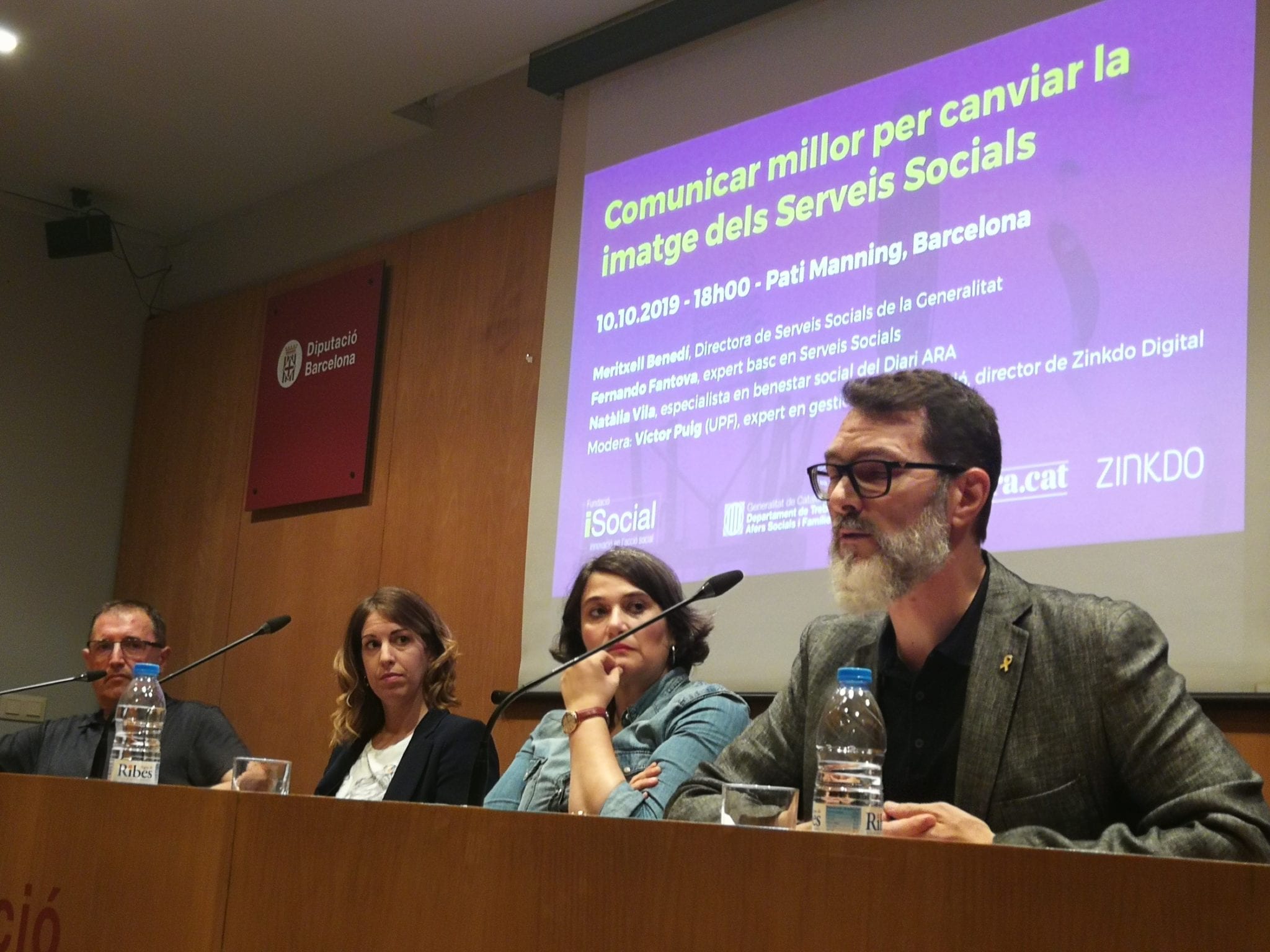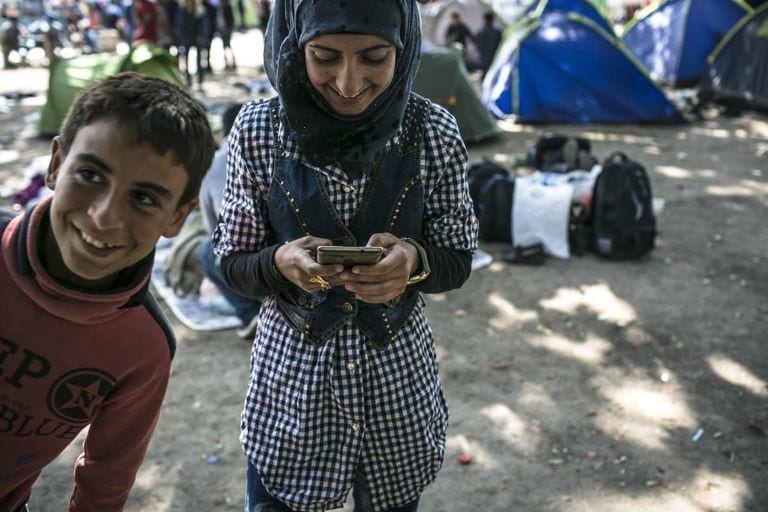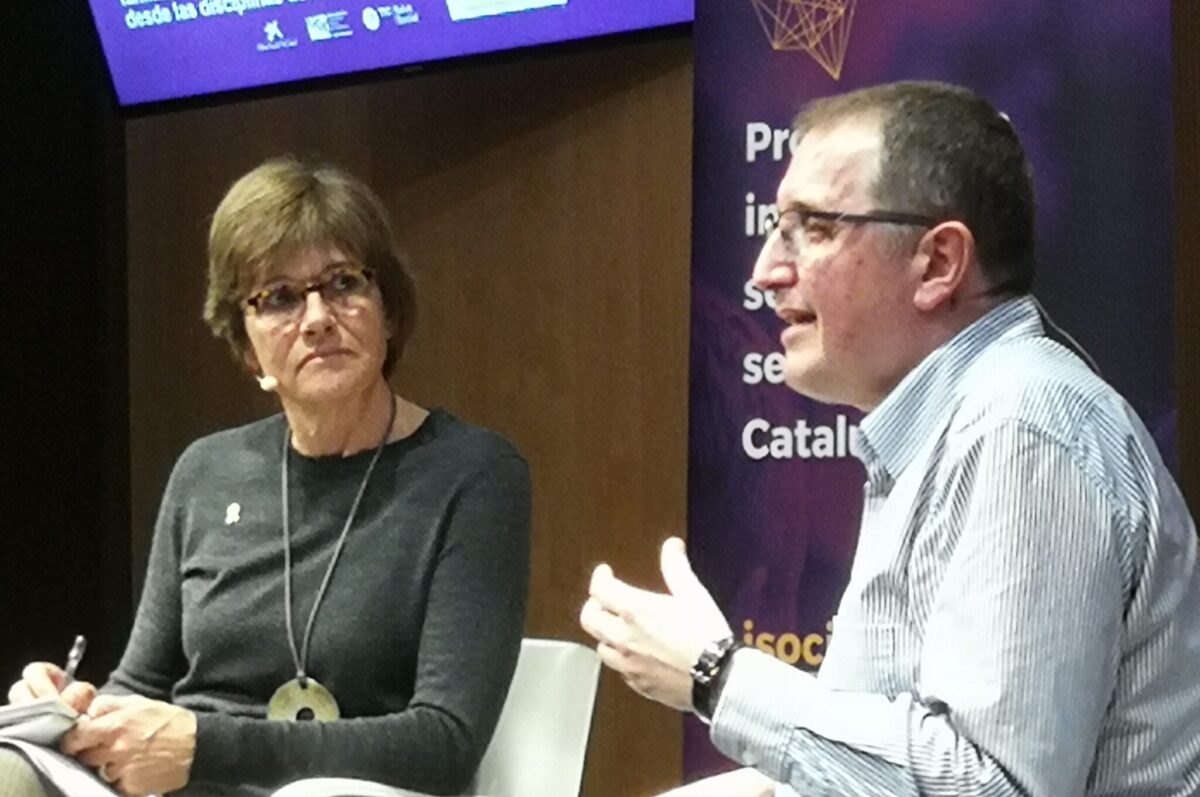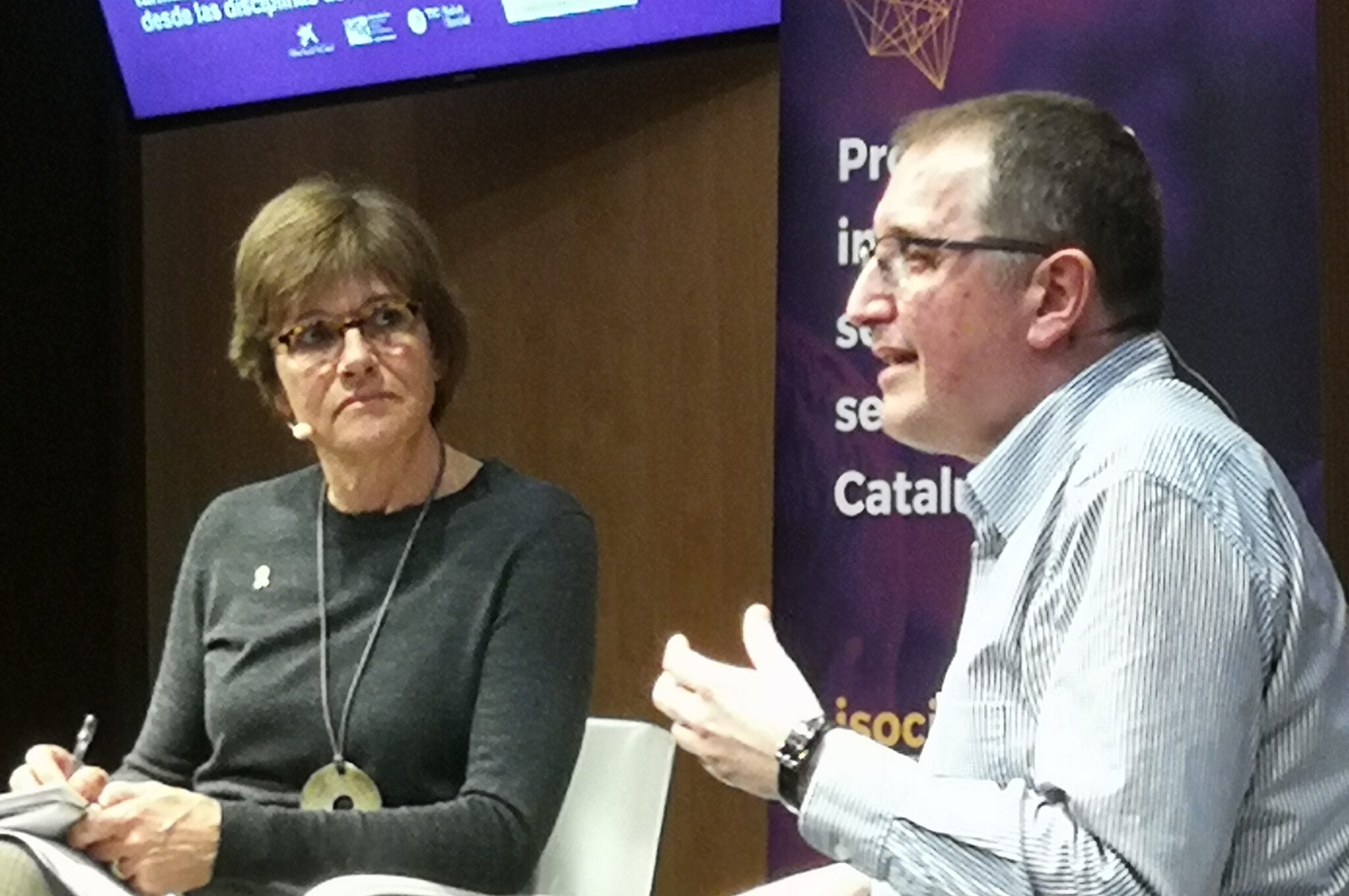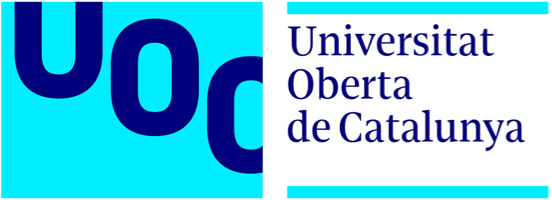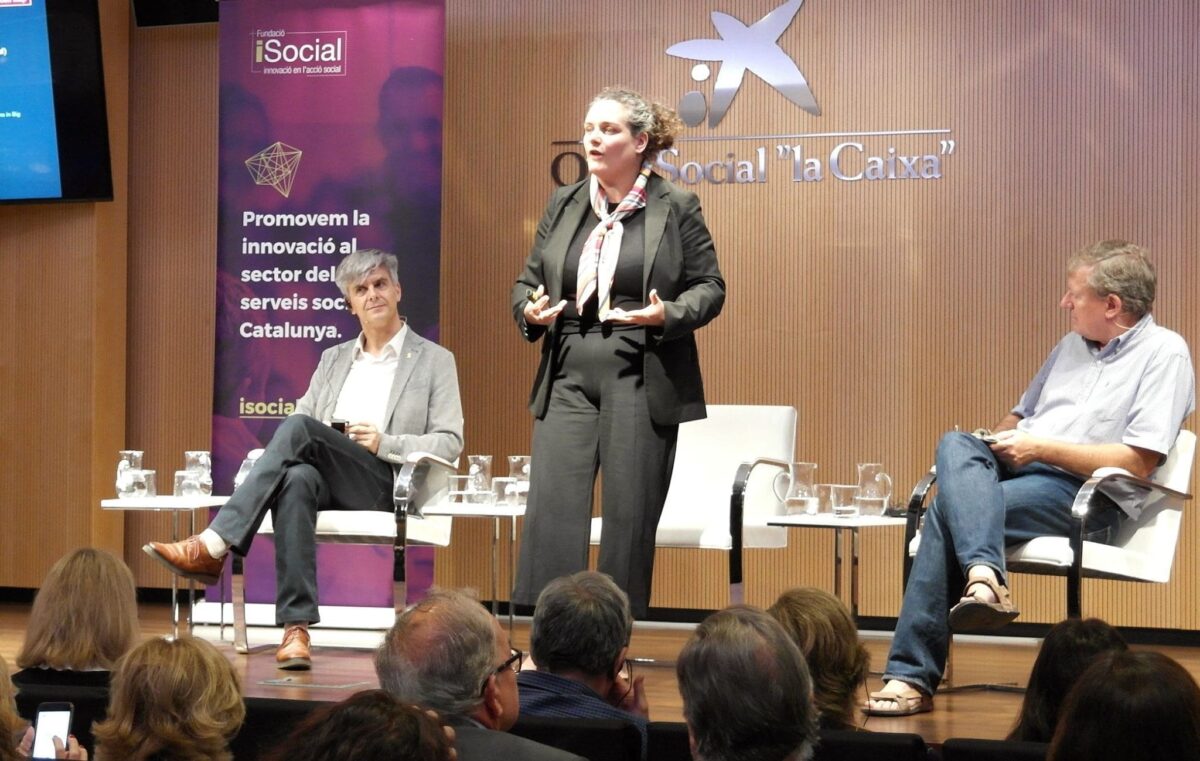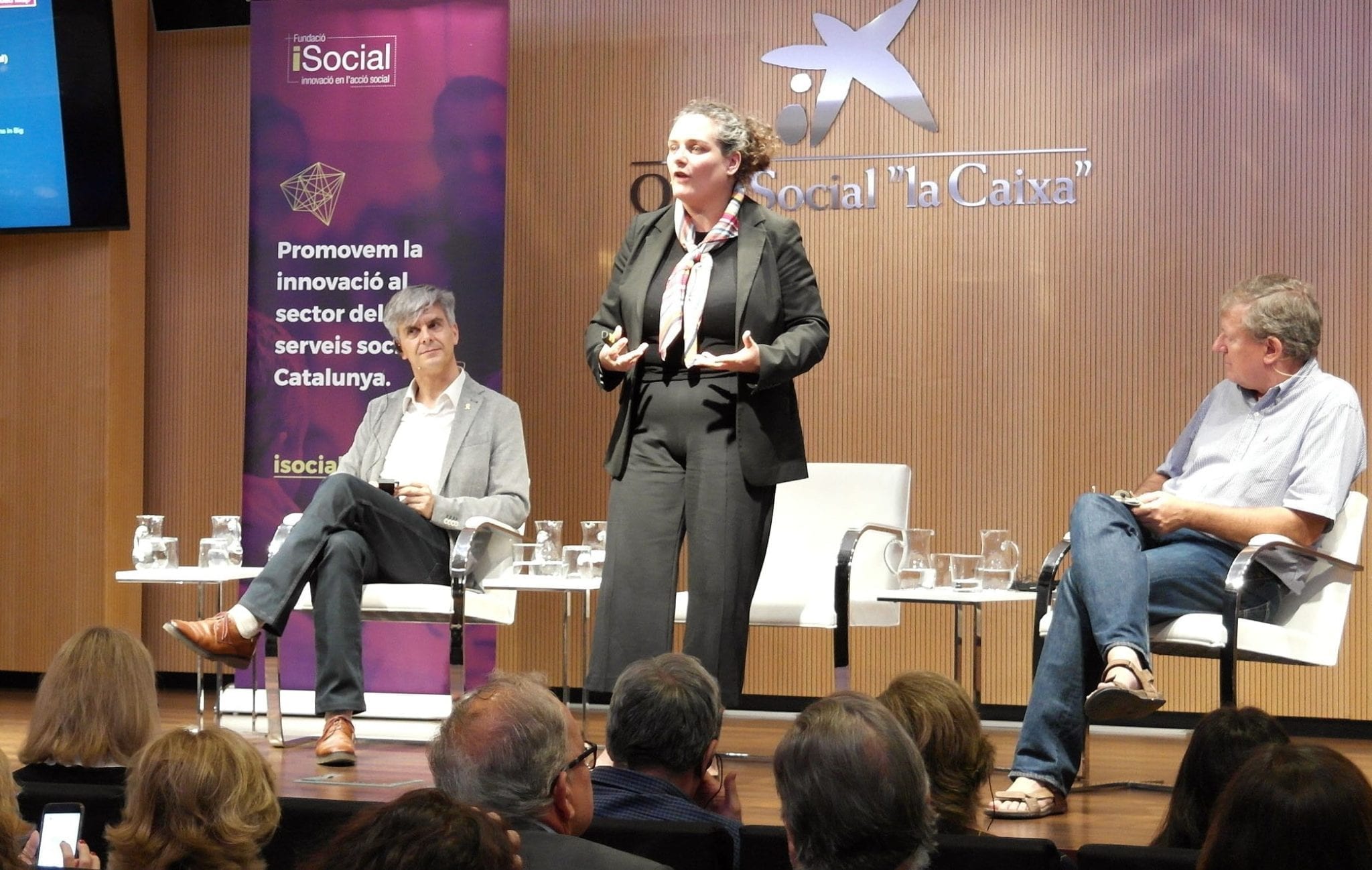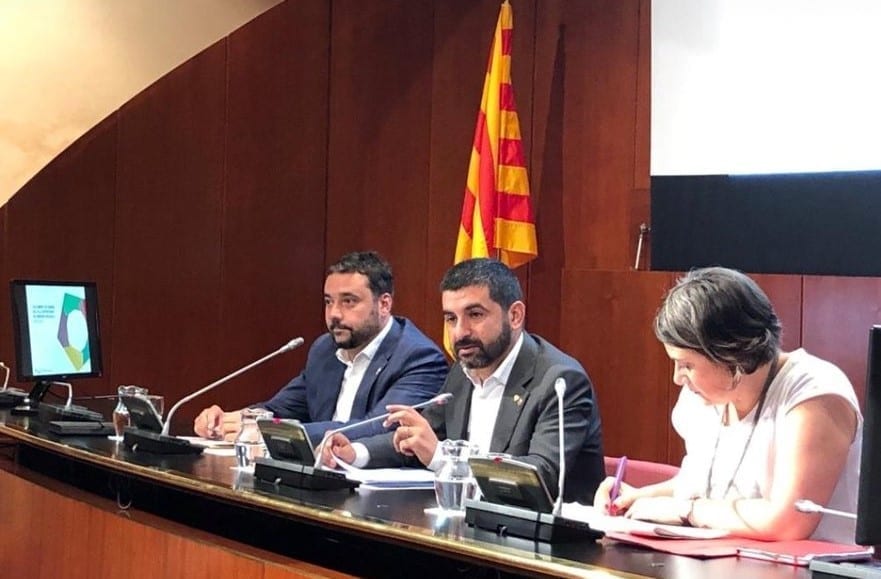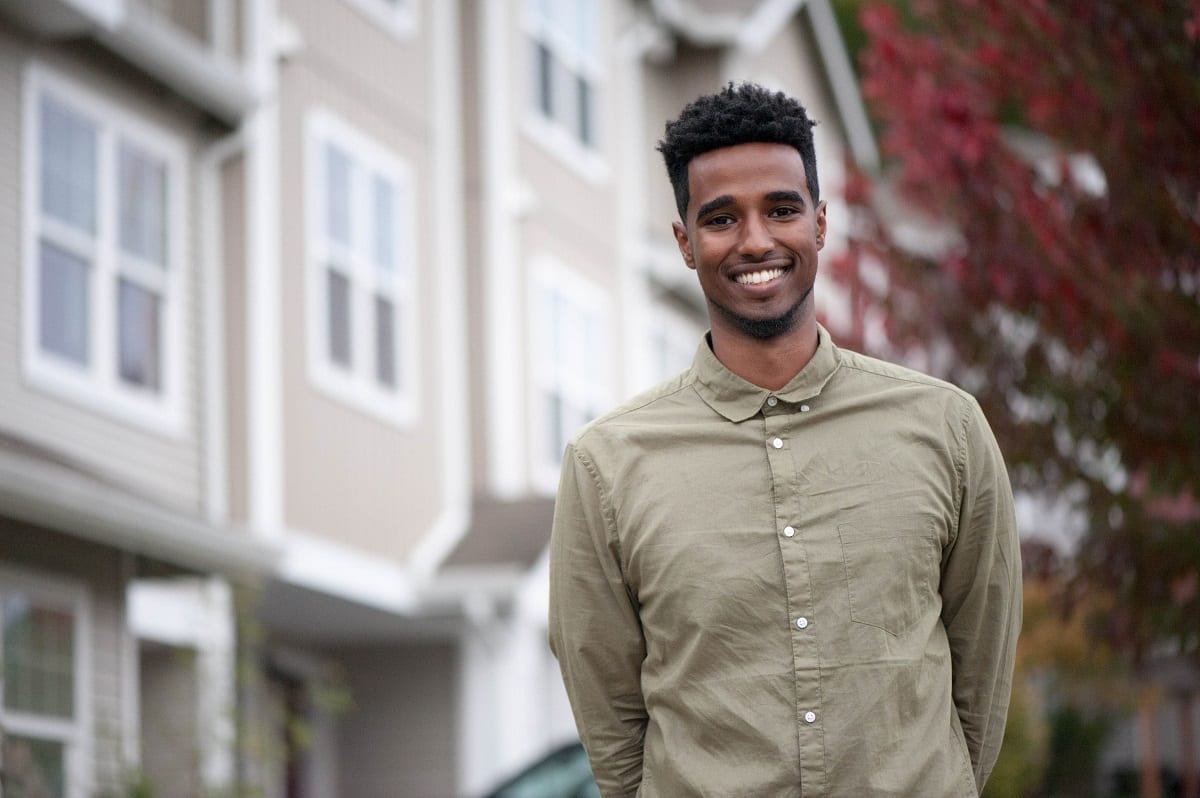On Wednesday September 25, the iSocial Foundation opened the “Big Data and Social Services” reflection cycle, with a lecture by Rebecca Richmond, managing director of International Research and Insights at The Advisory Board Company (London), in the auditorium Palau Macaya in Barcelona. This company played a leading role in American healthcare reform, “Obamacare”, and became the international reference consultant for the improvement of the efficiency of socio-health systems, the financing of social services, and the coordination and integration of services based on a more scientific knowledge of the needs of the population.
In this inaugural conference, Mrs. Richmond answered the question of why with Big Data can we respond better to the needs of the citizens?. According to Richmond, in the first place because the Big Data allows us to know social needs that are not covered by the current welfare systems and to segment their social risk. But this implies, at the same time, overcoming the deficiencies of current systems to respond to these needs, due to compartmentalized attention between social, health and educational systems, and the inadequate use of existing data to better understand these needs. Richmond has proposed moving from the use of data to describe situations to the analysis of data to generate comprehensive valuable services based on evidence.
Richmond has remarked that the goal of introducing the Big Data in Social Services must be to allow citizens to participate in the improvement of their life project, placing them at the center of planning and management of services , making them involved in the decision making in the use of their data, and by graduating the services based on the segmentation in order to achieve self-management of the person.
Using Big Data, according to Richmond, allows to know aspects that are not clear or evident in the social care process that may be essential for the citizen. In this sense, she has put the example of the PAM scale, which in some places of the USA allows social and health professionals to know the degree of activation of the patients or users of the services and, therefore, to understand at what point they should start the conversation with him / her. She also explained the cases of the Voluntary Action Rotherham Funds of the United Kingdom and the Black Dog Institute of Australia, which use the Big Data and measurement and participation instruments to help professionals to diagnose.
Faced with the difficulties and barriers to using Big Data in Social Services, Richmond has put the example of the Montefiore Health System in New York, which is a worldwide referent in integrated care and use of the Big Data, which stated based on their firm belief and without waiting to receive any government commission. Although at the same time Montefiore achieved much more efficiency and resource savings, Rebecca Richmond remarked that it is a mistake to think that integrated attention and the development of more integrated and intelligent systems will ultimately lead to a saving of resources, although it will lead to rebalancing the cost between systems and flattening the curve of future growth of spending.
Finally, Rebecca Richmond recommended that the development of knowledge linked to the Big Data be used not so much to know the segment of high risk population that is already attended by Social Services, but that we focus efforts on the population segment (between 60% and 65% according to her) that is in a situation of “rising risk” and, within this, to the people (between 15% and 18%) that every year migrate to the group of higher risk, to try to reduce this percentage thanks to a more effective preventive and proactive work.
The cycle “Big Data and Social Services” will continue on October 29, with the debate How can we improve social services today thanks to Big Data, which will be carried out by Meritxell Benedí, Director General of Social Services, of the Department of Work, Social Affairs and Families, of the Generalitat of Catalonia, and Tomas Lehtinen, expert in Data Analytics of the public sector of Finland, among others. On November 19 will be the turn of the Dissertation on Predictive Models and automation in Social Services, opportunities and critical factors, with experts such as Albert Isern, CEO of Momentum Analytics and Josué Sallent, director of the TIC Social Health Foundation.
Also, on January 31, 2020, the workshop How to develop and use predictive models in local social services, where representatives of basic areas of social services will analyze the previous learning of some administrations in order to develop predictive models and apply -they in municipal and county social services. The cycle will close on March 10 with the presentation of a final document of conclusions and recommendations that will collect the contributions of the activities from the beginning of the cycle, and the conference: Limits and opportunities of the Big Data to improve social services, by the expert consultant in social services of the Basque Country Fernando Fantova.
This series of the iSocial Foundation has been organized with the support of Obra Social La Caixa, the Universitat Oberta de Catalunya and the TIC Social Health Foundation.
